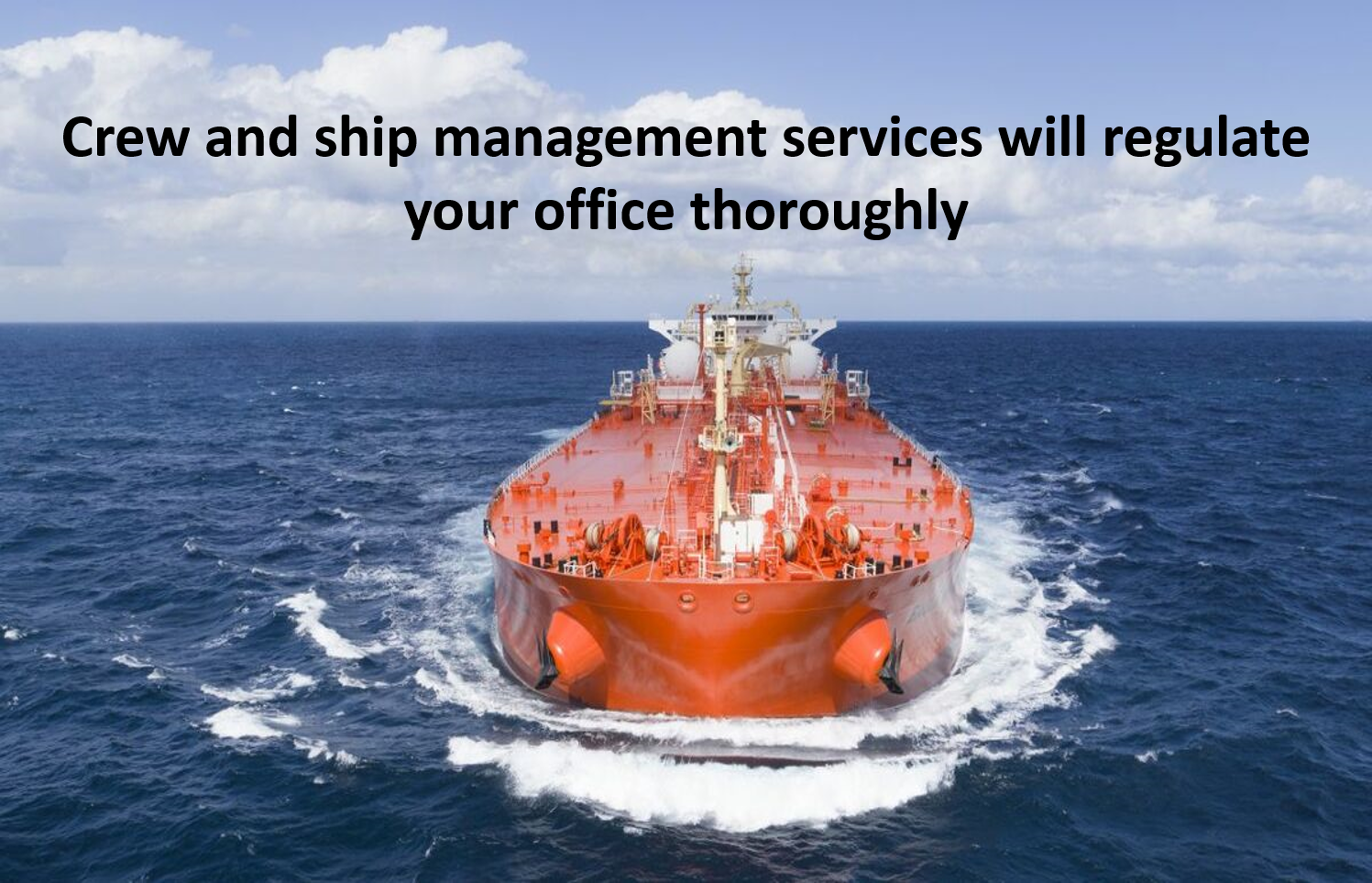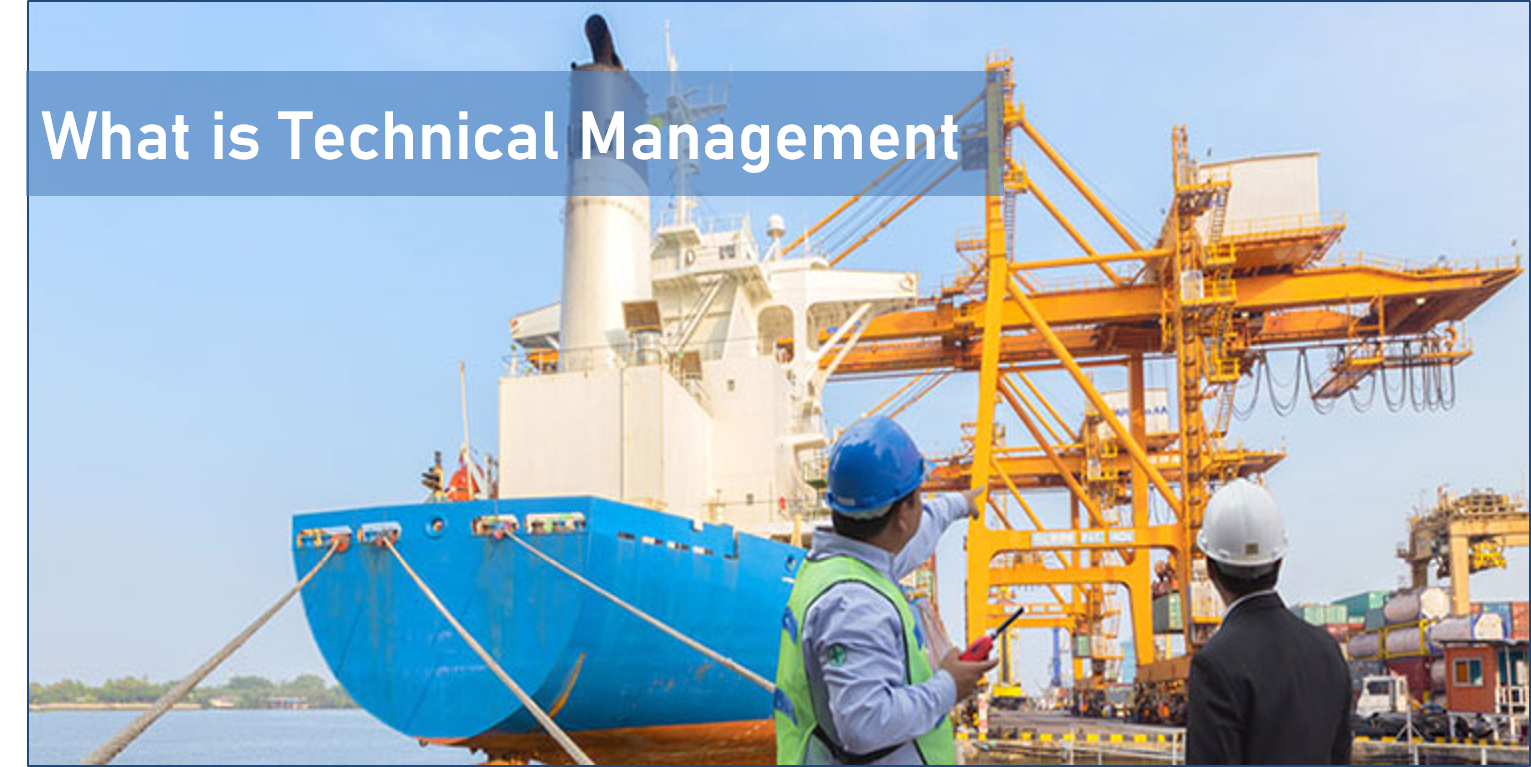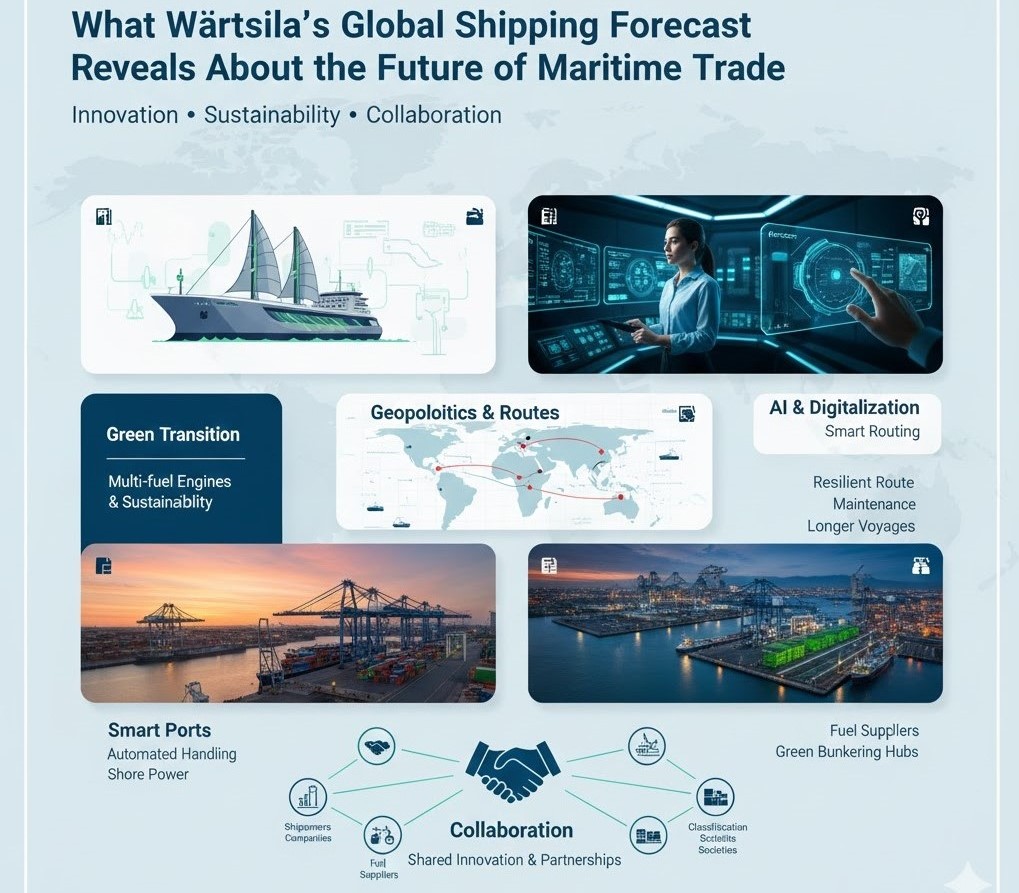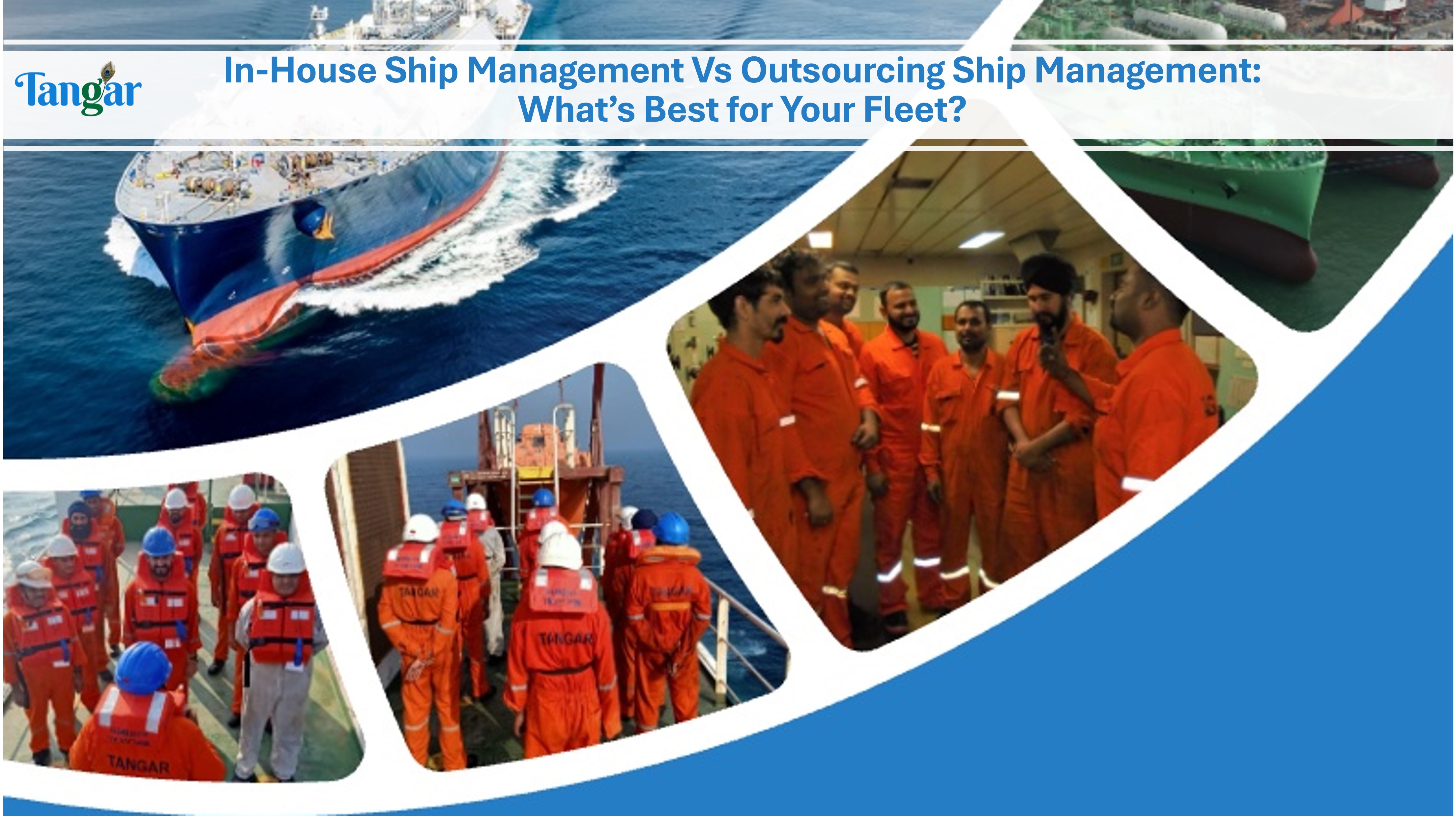
Strategic Missteps: Where Shipowners Lose Money Without Realizing It
Unlocking Business Growth through Outsourcing Ship Management
Shipowners often find themselves trapped in a cycle of managing their vessels with unwavering confidence, believing that in-house control is the best way to secure operational efficiency. However, this mindset can sometimes blind them to opportunities for growth and innovation, leading to unintentional financial missteps. The maritime industry is rife with challenges that, if navigated poorly, can erode profitability and stifle expansion.
Strategic Missteps That Make Shipowners Lose Money Without Realizing
Running a business is like rowing a boat — when you work hard and stay on course, you move forward. But if you become careless or stop following the direction of the current (market trends), you risk going off course or even sinking.
The same goes for the shipping industry. Many shipowners invest heavily but still end up losing money — not due to bad luck, but due to avoidable strategic mistakes.
- Entering the Market at the Wrong Time:
Many shipowners buy vessels when market prices are high or try to expand their fleet during a downturn. This leads to capital being locked, low returns, and decreased asset value once the market stabilizes or corrects.
- Weak Leadership or No Succession Plan:
Some companies rely too much on one key decision-maker, without building a strong leadership team or planning. This creates risks like poor decision continuity, internal instability, and loss of strategic direction during transitions.
- Choosing the Wrong Ship Management Partner:
Handing over vessel management purely based on low cost can backfire. You may save upfront, but risk compromising safety, quality, and compliance — leading to hidden financial losses, underperformance, and reputation damage.
- Not Keeping Up with Market Trends:
Not being updated with global trade patterns, fuel regulations, political risks, or freight market trends is a big blind spot. Poor market awareness can lead to bad chartering decisions, missed opportunities, or wrong investments. Poor timing in decisions around chartering, acquisitions, or expansion.
The Hidden Costs of In-House Ship Management
Managing vessels internally requires shipowners to shoulder responsibilities that, while necessary, consume significant amounts of time and resources. These hidden costs often go unnoticed, creating financial and strategic pitfalls. Key areas where money may be lost include:
- Regulatory Compliance: The complexity of ever-changing maritime regulations demands constant attention, often resulting in penalties or fines for non-compliance.
- Operational Inefficiencies: Without the expertise to optimize vessel performance, shipowners may face increased fuel consumption and maintenance costs.
- Crew Management Challenges: Recruiting, training, and retaining skilled personnel can lead to frequent turnover and additional expenses.
These missteps, though seemingly minor, compound over time, diverting funds and energy that could otherwise be directed toward growth-centric initiatives.
Strategic Opportunities through Outsourcing
Outsourcing ship management emerges as a solution that allows shipowners to reallocate their focus from operational minutiae to strategic opportunities. By leveraging the expertise of specialized ship management firms, they can mitigate risks, enhance efficiency, and uncover new avenues for profitability.
Advantages of Outsourcing
- Time and Resource Optimization: Delegating operational tasks frees shipowners to concentrate on expanding their business footprint.
- Cost Savings: Professional ship management companies operate efficiently, minimizing unnecessary expenses while leveraging economies of scale.
- Expertise and Risk Management: Experienced managers ensure compliance, initiative-taking maintenance, and smooth operations, reducing costly disruptions.
- Exploring New Markets: Outsourcing empowers maritime operators to focus on market intelligence, industry relations, and service diversification for sustainable growth.
- Customer Engagement: Enhanced Customer Relationship Management
- Innovation and Technology Adoption: Transferring operational control to specialized third-party providers like Tangar Ship Management enables maritime enterprises to prioritize the adoption of cutting-edge technologies
- Focus on S&P, Logistics, and Business Opportunities: Outsourcing creates an avenue for shipowners to explore strategic focus areas such as Sale and Purchase (S&P) activities, efficient logistics management, and identifying high-value business opportunities.
Tangar Ship Management: A Case Study in Excellence
Tangar Ship Management exemplifies operational excellence through its robust commitment to asset optimization and lifecycle management. Their technical methodologies focus on deploying cost-efficient systems while maintaining uncompromising quality standards. By emphasizing predictive maintenance, energy optimization, and data-driven decision-making, Tangar delivers superior results and fosters long-term client partnerships. Their model highlights innovation-driven asset stewardship as a cornerstone of operational success.
Conclusion
The inability to quantify and address the financial and operational strain associated with in-house management can lead to suboptimal strategic outcomes for vessel owners. Outsourcing ship management provides a systematic framework to mitigate these inefficiencies. Tangar Ship Management’s advanced methodologies underscore the tangible benefits of outsourcing. Transferring operational oversight to industry leaders like Tangar allows vessel owners to focus on broader objectives such as market penetration, technological innovation, asset optimization, sale and purchase activities, and logistics management. Outsourcing is a fundamental change that sets new performance standards in the maritime industry.










